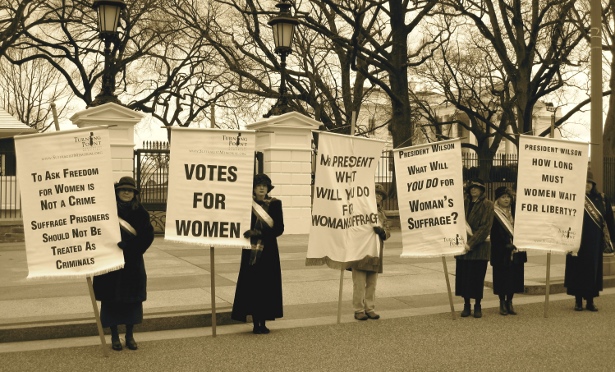“History doesn't repeat itself, but it does rhyme.” ― Mark Twain
As much as people like to declare themselves as progressive, open-minded thinkers, society as a whole hasn't changed much from colonial times. In fact, in some ways it seems to have regressed. The literature of colonial times we read through was surprisingly familiar. It was the same stuff we see today--journals and love letters, religious sermons and oppressed minorities. We've collected a few fancy new toys along the way, but the same questions and themes are still relevant. It's ironic how Americans, after freeing themselves from British "tyranny," turned around and started keeping slaves. Equiano wrote to inform the world of its cruelty. Although not as severe, didn't proponents of same-sex marriage and women's rights have similar goals? As for Jonathan Edwards' "Sinners in the Hands of an Angry God," the basic message is still relevant today, if not more so. He'd probably have a heart attack if he saw something like the recent VMA's. The present may not be a carbon copy of the past, but they do share similarities.
It seems that human nature is hard to change, for all of our technology and education.
“But here's some advice, boy. Don't put your trust in revolutions. They always come around again. That's why they're called revolutions.”
― Terry Pratchett, Night Watch





